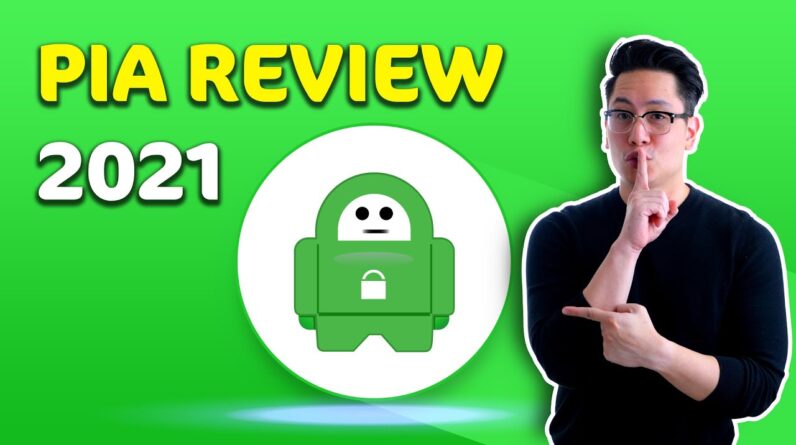Are we really secure with 256-bit AES encryption? Let’s delve into the realm of AES encryption to grasp its importance and how it protects our data. This blog post will examine what AES encryption entails and decode its intricacies, clarifying if it’s indeed a strong defense for our sensitive information. Join us as we unravel the mysteries of AES encryption and its influence on our online security.
What is AES Encryption? Are You Safe with 256-bit AES Encryption?
Introduction
In this article, we will delve into the world of AES encryption and explore its significance in ensuring online privacy and security. AES encryption, also known as Advanced Encryption Standard, is a widely accepted and reliable method for safeguarding sensitive information on the internet. VPN Consult, a renowned VPN service provider, has created a video highlighting the importance of AES encryption in maintaining online privacy. In this review, we will discuss the video’s key points and shed light on the necessity of AES encryption in today’s digital landscape.
The Basics of AES Encryption
AES encryption plays a vital role in protecting privacy and security online. It utilizes a complex algorithm to convert readable information into an unreadable code, making it incredibly difficult for unauthorized individuals to access or decipher sensitive data. Unlike other encryption methods that may have vulnerabilities, AES encryption has gained trust and popularity due to its robust security features.
Understanding Symmetrical Encryption
One of the key aspects of AES encryption is its use of symmetrical encryption code. Symmetrical encryption employs the same key for both encryption and decryption processes. This means that the sender and receiver share the same secret key, ensuring secure communication. This simplicity of using a single key enhances the efficiency and speed of encryption and decryption processes.
The Importance of Key Length
AES encryption provides users with the flexibility to choose different key lengths, such as 128, 192, or 256 bits. The higher the number of bits, the stronger the encryption becomes, as it increases the complexity of the encryption algorithm. While 128-bit encryption is generally considered secure, using 256-bit encryption provides an extra layer of protection, making it virtually impossible for even the most sophisticated cybercriminals to crack the encryption.
AES Encryption in Everyday Use
AES encryption is widely employed by various entities that prioritize data security. Governments, cybersecurity experts, and VPN services such as NordVPN rely on AES encryption to protect online traffic and prevent unauthorized access to private data. NordVPN, for instance, utilizes AES encryption to safeguard their users’ sensitive information from potential cyber threats.
NordVPN’s Additional Features
Apart from strong AES encryption, NordVPN offers a range of additional features to enhance user security. Threat protection, for example, helps users stay safe from various online threats, including malware and phishing attempts. Dark web monitoring is another useful feature that keeps an eye on the dark web for any potential leaks of personal information. Furthermore, NordVPN’s extensive network of servers worldwide allows users to enjoy secure and private browsing from any corner of the globe.
FAQs
-
Can AES encryption be cracked?
- AES encryption with a sufficiently long key length, such as 256 bits, is considered extremely secure and practically uncrackable.
-
How does AES encryption differ from other encryption methods?
- AES encryption stands out due to its robust security features, high-level encryption algorithm, and widespread adoption by various organizations and industries.
-
What makes NordVPN’s AES encryption reliable?
- NordVPN relies on AES encryption as a cornerstone of their security framework, ensuring that users’ data remains protected from potential threats.
-
Is 128-bit AES encryption secure enough?
- While 128-bit AES encryption is generally secure, using a higher key length, such as 256 bits, provides an additional layer of security in today’s digital landscape.
-
Can AES encryption be used for both personal and business purposes?
- Absolutely! AES encryption is suitable for both personal and business use, ensuring privacy and security for individuals and organizations alike.
Conclusion
In conclusion, AES encryption offers a robust and reliable solution for safeguarding online privacy and security. With its symmetrical encryption code and the flexibility to choose different key lengths, AES encryption ensures that sensitive information remains protected from unauthorized access. NordVPN, utilizing AES encryption as a foundation, further enhances user security with additional features like threat protection and access to a global network of servers. So, with 256-bit AES encryption, you can rest assured knowing that your online activities are shielded from prying eyes, giving you peace of mind in the digital realm.






